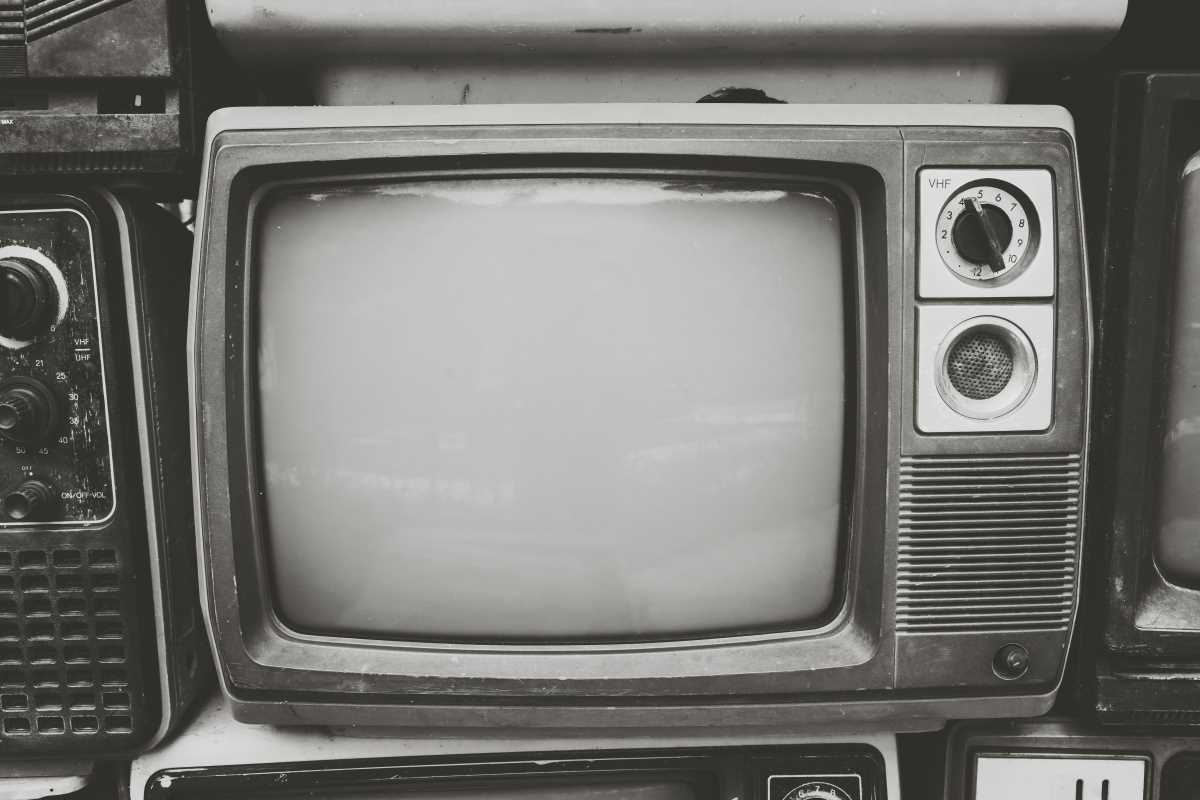Independent cinema has long been a fertile ground for exploring complex and nuanced themes, often stepping where mainstream cinema fears to tread. Free from the constraints of big studio expectations, indie films have become a platform for bold storytelling and fresh perspectives. Among its many contributions, one of the most significant has been its exploration and redefinition of gender roles. These films challenge stereotypes, highlight marginalized voices, and reflect shifting societal norms, offering audiences a more authentic and diverse portrayal of identity. In doing so, independent cinema has not only reshaped gender narratives but also sparked meaningful conversations about representation and equality.
Breaking Free from Traditional Gender Stereotypes
In mainstream cinema, gender roles have historically been rigid, often relegating women to supportive or decorative positions while casting men as heroes and protagonists. Independent film, however, has consistently disrupted this pattern, creating narratives where characters are multi-dimensional and defy societal expectations.
Consider Greta Gerwig’s Lady Bird (2017), a semi-autobiographical coming-of-age tale that centers on Christine "Lady Bird" McPherson. The film explores the nuances of mother-daughter relationships, teenage rebellion, and self-discovery without falling into the traps of one-dimensional female characterization. Lady Bird is flawed, ambitious, and relatable—a departure from the stereotypical "perfect" female lead often seen in mainstream cinema.
Similarly, Barry Jenkins’ Moonlight (2016) breaks away from traditional depictions of masculinity. The film’s protagonist, Chiron, struggles with his identity as a Black gay man growing up in a tough Miami neighborhood. By portraying Chiron’s vulnerability and internal conflict, Moonlight dismantles the hypermasculine stereotypes that dominate portrayals of men in film, offering a deeply emotional and humane narrative.
Highlighting Marginalized Voices
Independent cinema has been instrumental in promoting marginalized voices, particularly those related to gender and sexuality. Films such as Dee Rees's Pariah (2011) and Sean Baker's Tangerine (2015) provide authentic depictions of LGBTQ+ experiences, challenging the erasure of these communities in traditional storytelling.
Pariah tells the story of Alike, a young Black lesbian navigating her identity and family dynamics. The film’s quiet yet powerful exploration of gender expression, societal expectations, and self-acceptance resonates deeply, offering a perspective rarely seen in mainstream narratives.
Tangerine, on the other hand, broke new ground by focusing on two transgender women, Sin-Dee and Alexandra, as they navigate a chaotic Christmas Eve in Los Angeles. Filmed entirely on an iPhone, the movie showcases independent filmmaking's resourcefulness and demonstrates how the medium can amplify underrepresented voices in meaningful ways.
The Intersectionality of Gender and Culture
One of the strengths of independent cinema lies in its ability to explore the intersectionality of gender with race, ethnicity, and culture. Films like Lulu Wang’s The Farewell (2019) and Marjane Satrapi’s Persepolis (2007) delve into how cultural expectations shape gender roles and identity.
In The Farewell, Wang examines the experience of being a Chinese-American woman caught between two cultures. The protagonist, Billi, struggles with her family’s decision to withhold the truth about a terminal illness from her grandmother, showcasing the emotional complexity of familial roles and cultural expectations of women as caregivers.
Based on Satrapi’s graphic novel, Persepolis is a poignant exploration of gender and identity in post-revolutionary Iran. The film follows Marjane’s journey from girlhood to adulthood, highlighting the restrictions placed on women in a society undergoing drastic political change. Through its bold animation and personal narrative, Persepolis underscores the resilience of women in the face of systemic oppression.
Challenging the Male Gaze
The male gaze—the concept of viewing women through a lens that objectifies and diminishes them—has dominated cinema for much of its history. Independent film, however, has been at the forefront of rejecting this perspective, offering stories where women’s experiences are depicted authentically and free from objectification.
Chloé Zhao’s Nomadland (2020) is a recent example of this shift. Starring Frances McDormand as Fern, a woman who embraces a nomadic lifestyle after losing everything in the Great Recession, the film explores themes of resilience and community. Fern is portrayed not as a victim or a fantasy but as a fully realized character navigating her circumstances with dignity and agency.
Similarly, Andrea Arnold’s Fish Tank (2009) tells the story of Mia, a teenager growing up in a troubled household. The film’s raw and unflinching portrayal of Mia’s life avoids sensationalism, focusing instead on her strength and vulnerability. Arnold’s direction ensures that Mia’s story is told from her perspective, challenging traditional cinematic narratives about women and girls.
Redefining Masculinity
Independent cinema has also been instrumental in redefining masculinity, showcasing men as more than stoic providers or action heroes. These films offer a more nuanced portrayal of manhood by exploring vulnerability, emotional depth, and non-traditional roles.
In Call Me by Your Name (2017), Luca Guadagnino captures the tenderness of first love between two young men, Elio and Oliver. The film’s exploration of emotional intimacy and vulnerability challenges the notion that men must suppress their feelings to be strong. Timothée Chalamet’s performance as Elio is a masterclass in subtlety, illustrating the internal struggles of love and loss.
Similarly, Kenneth Lonergan’s Manchester by the Sea (2016) dives into grief and guilt through the character of Lee Chandler. Played by Casey Affleck, Lee’s journey is a heartbreaking exploration of male vulnerability, showing that strength often lies in confronting pain rather than burying it.
The Role of Independent Filmmakers
Independent filmmakers have been at the forefront of reshaping gender narratives in cinema, often working outside the constraints of Hollywood studios. This freedom allows them to tell stories that challenge norms, experiment with structure, and focus on character-driven narratives.
Directors like Kelly Reichardt, Lynne Ramsay, and Barry Jenkins have consistently pushed boundaries with their work, proving that independent film is a powerful tool for social commentary and change. By prioritizing authenticity and complexity, they create films that resonate deeply with audiences and provoke meaningful conversations about gender and society.
The Impact of Changing Times
As societal attitudes toward gender evolve, independent cinema continues to reflect and influence these changes. The rise of movements like #MeToo and Time’s Up has further highlighted the importance of diverse representation and storytelling. Filmmakers are increasingly aware of the need to challenge outdated tropes and provide platforms for marginalized voices.
Streaming platforms like Netflix and A24 have also significantly contributed to bringing independent films to wider audiences, ensuring that these groundbreaking stories reach viewers around the world.
 (Image via
(Image via
.jpg)




